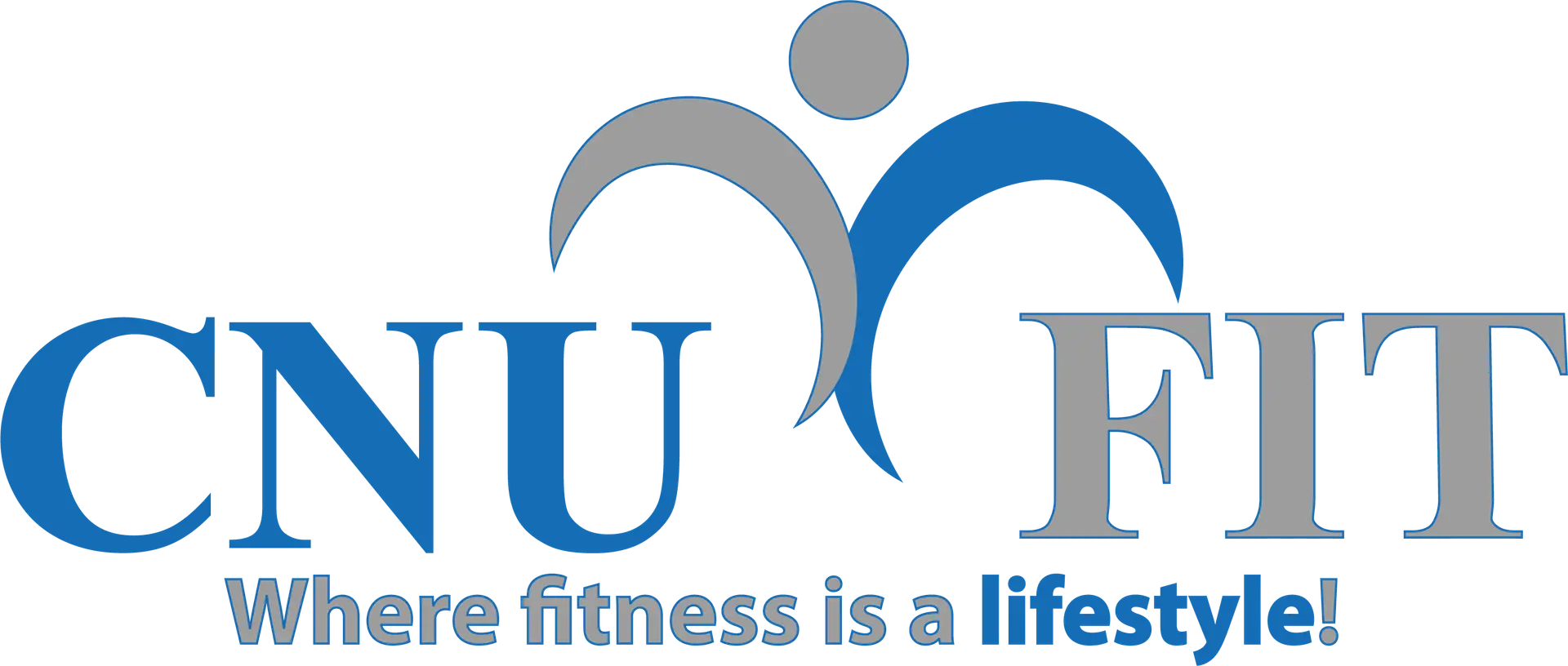Constipation. Face it, we all experience it from time to time. The common response to someone reporting constipation is, “are you drinking enough water and consuming adequate fiber?” These are the two most important dietary lifestyle contributors to constipation. However, increasing physical activity is also important.
Here is why…
Your gastrointestinal tract relies on a muscle contraction called peristalsis, to move food along. Peristalsis is a series of organized muscle contractions that occur throughout the digestive tract. Peristalsis is also seen in the tubular organs that connect the kidneys to the bladder. Peristalsis is an automatic and important process that moves food through the digestive system. It also moves urine from the kidneys into the bladder, and bile from the gallbladder into the duodenum (the first part of the small intestine). Bottom line, you need peristalsis to move your food through the intestines. If food is moving efficiently, you go to the bathroom regularly!
As you age peristalsis can slow down. It can also slow down if you are not active, as inactivity is a risk factor for constipation. Aerobic exercise is a great way of increasing peristalsis. Several research studies have found a strong positive correlation between vigorous, regular exercise and regular bowel movements. One mega study conducted at Oxford University in 2004, examined various other studies involving 20,630 men and women. One thing they discovered in this ‘study of studies’ is that vigorous exercise helps to move your bowels.
So, if you increase physical activity, you increase peristalsis; when peristalsis increases, the time it takes food to move through the large intestine decreases, thus limiting the amount of water absorbed from the stool into the body. Therefore, you will have smoother, easier, more frequent bowel movements. Be sure to consume adequate fiber and water, and include exercise to avoid constipation.
Talk to the CNU Fit training team for exercises to help with constipation and suggestions on supplements. We recommend taking a high quality concentrated probiotic and enzyme. A digestive probiotic will help support your body’s immune system and overall intestinal health and an enzyme will provide a unique and diverse blend of enzymes to help aid your body in digesting carbs, starches, protein, fats, and dairy products. To find out more about these supplements you can contact CNU Fit at (302)-689-3489 and we can discuss the different options of supplements.

